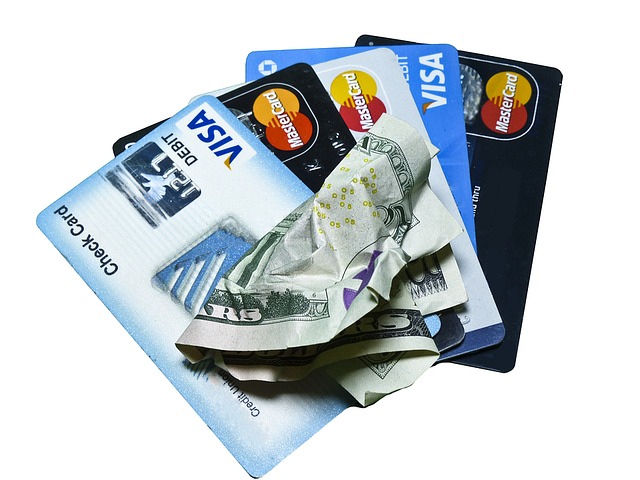On a positive note, you have started the month with the best intentions at heart. You intend to save money by buying what you actually need and by steering away from from temptation. You have created a seemingly robust plan to watch your spending habits. However, things do not seem to work despite your unwavering efforts. Do not beat yourself up! This happens to many of us.
Taking control of your finances starts with understanding your triggers. Why are your drawn to buying the non-essential items? Analyze the physical, environmental, and psychological triggers that cause you to spend. Managing said triggers will help you to avoid overspending.
Let us start with the physical factors that can affect your spending habits. Dropping by the nearest grocery while you are hungry may not be a practical idea! Your rumbling tummy makes you more susceptible to purchasing more. You are less likely to spend time exploring the isles when you already have a list in mind.

Image Credits: pixabay.com
Environmental factors include exposure to shopping malls, flea markets, and television or online shops. Are you more likely tempted to spend due to the convenience of having an item delivered through your doorstep? There are certain situations that can make you feel obligated to spend. For instance, some people are more likely to spend when they are travelling. These people go on a spree because of a mindset that they will not be able to come back there anytime soon.
Focusing on the the psychological factors will highlight the Money Disorders. Money disorders is a broad umbrella consisting of money avoidance, money-worshiping, and relational money disorders. Compulsive buying is under money-worshiping. Inner conflicts drive compulsive shoppers to overspend. Earlier in life, they often learned that shopping provides a temporary escape from worries and anxieties. The chemical reaction that shopping brings to them can be compared to an addiction that leaves them to crave for more. Is your problem as serious as this?
The second step to financial control is tracking your spending. Keep track of all your purchases for a month. Figure out whether an expense is essential or non-essential. Afterwards, get the total of each category. How much are you spending on the non-essentials? Perhaps, you can cut back at least S$50 per category?

Image Credits: pixabay.com
The final step is to allocate your money strategically. You need to give every dollar a place to stay. I do not intend for you to max out your account! Instead, you must allocate your money to several categories such as: savings, investments, retirement or emergency funds. Having money lying around can lead you to spend it. Do your wallet a favor! Avoid being trapped in this situation.


